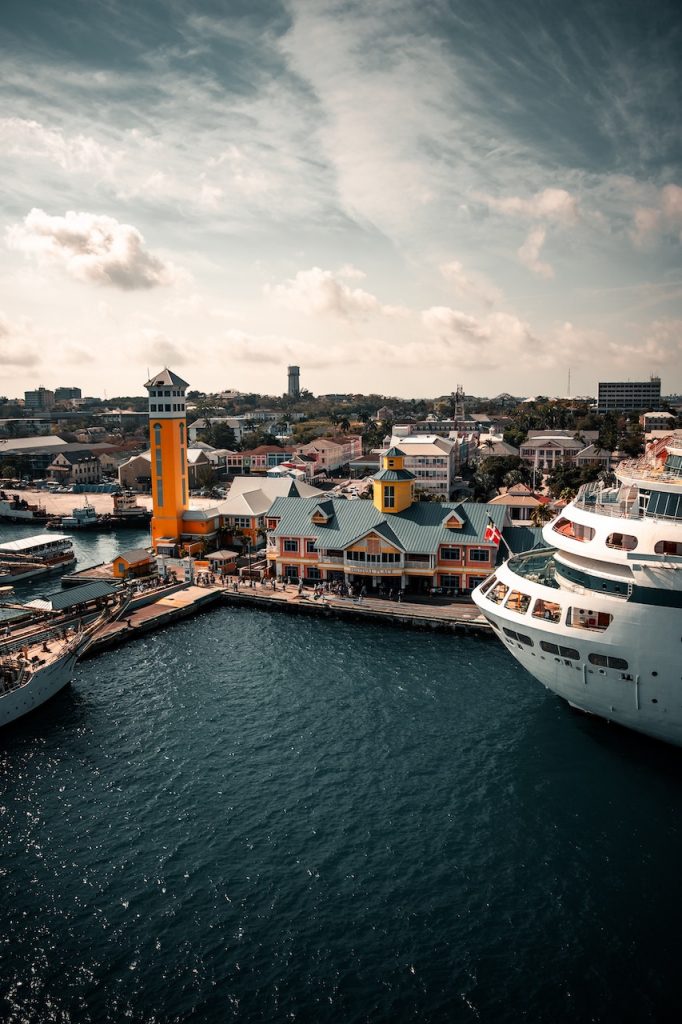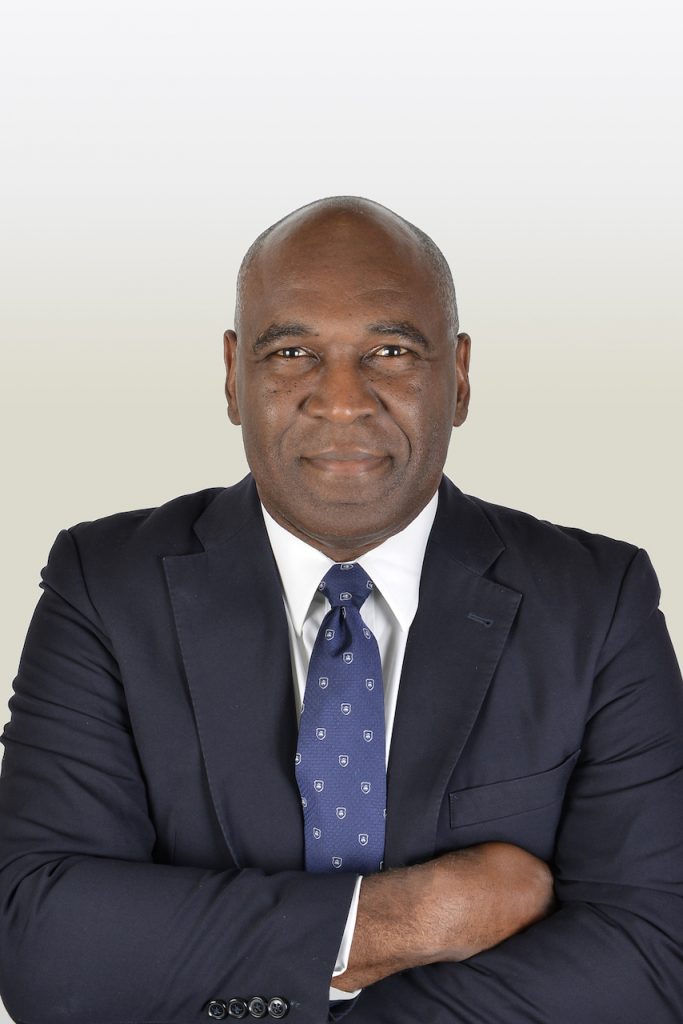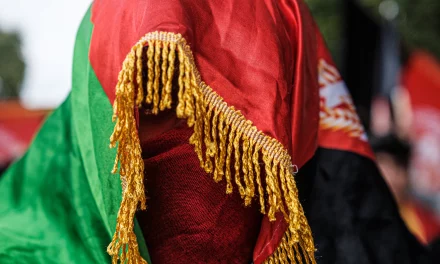On Friday 29 July 2022, The Rules Committee of the Supreme Court passed the long-awaited Supreme Court (Civil Procedure) Rules 2022. The enactment of the Civil Procedure Rules was followed by extensive training for stakeholders before the rules came into effect this year. Below is a brief summary of the background and training provided to successfully implement the rules.
During a Civil Procedure Rules training held on Friday 22 February 2002 in Nassau and virtually, former Chief Justice Sir Brian Moree explained that The Bahamas was operating on the 1978 Rules of the Supreme Court which had only one major legislative intervention, the addition of Order 31A (Case Management module) in 2004. Sir Brian explained that in his view The Bahamas was ‘… late to the [Civil Procedure] table as a jurisdiction.’ He supported his view by giving the following statistics of when some jurisdictions implemented their Civil Procedure Rules (CPR):
| Jurisdiction | Year of Implementation of CPR |
| England and Wales | 1999 |
| Eastern Caribbean Supreme Court | 2000 |
| Jamaica | 2003 |
| Trinidad & Tobago | 2005 |
| Barbados | 2009 |
| Guyana | 2016 |
The steady growth of the back log of civil cases in the country has increased the need for changes to the CPR. The Bahamas’ Judiciary sees reform of the CPR, digitisation of court services and the referral of suitable cases to Mediation as key to reducing the back log of cases. Further to developing and implementing a CPR, publishing a CPR Practice Guide is a massive change to the 1978 Rules of the Supreme Court.
The new Civil Procedure Rules of The Bahamas came into effect on Wednesday 1 March 2023 and is expected to ‘… significantly change the procedural landscape of civil litigation practice in The Bahamas.’ For example, the Case Management rules are well developed and intended to ensure that cases move through the court system in an effective and efficient way. This is seen in the ‘overriding objective’ of the rules which is meant ‘to enable the court to deal with cases justly and at proportionate cost.’ The practice guide was developed as a legal resource for practitioners and according to Chief Justice Sir Ian Winder, the guide resembles a digested version of the White Book which was customised for The Bahamas. This guide was designed with the legal practitioner in mind because it provides a list and discussion of numerous relevant case laws that underpins some of the rules.

In anticipation of the implementation of the rules, both the Bench and Bar undertook training sessions separately and jointly in preparation for the new procedural requirements.
Training on the new CPR was organised by The Bahamas Judicial Education Institute (BJEI) whose mandate is ‘to fulfil the increasing need for education and training of judicial officers and their staff so as to enhance the delivery of justice in The Bahamas.’ The BJEI is located in Nassau and is mandated to provide structured, judiciary specific programs throughout the course of the legal year for the judiciary. Training was conducted face to face and virtually by presenters, including judges of The Bahamas’ judiciary, legal practitioners of The Bahamas Bar, and members of the Caribbean Association of Judicial Offices including present and former Justices of The Caribbean Court of Justice.
The Civil Procedure Rules 2022 was successfully implemented on Wednesday 1 March 2023 following years of consultation with stakeholders, research and planning by The Bahamas’ Judiciary. While The Bahamas may be late to the Judicial table, The Bahamas’ Judiciary has used the experience of other jurisdictions to inform the development of these rules and to source experts to help deliver training to members of its Bench and Bar.

In 2004, Kean was Called to the Bar of England and Wales and admitted as an Attorney and Counsel to the Supreme Court of The Bahamas. His practice areas in The Bahamas were Common Law, Regulatory & Disciplinary Law, having worked in private practice and at both The Insurance Commission and The Securities Commission of The Bahamas. He is an unregistered Barrister who retains his rights of audience in The Bahamas.




